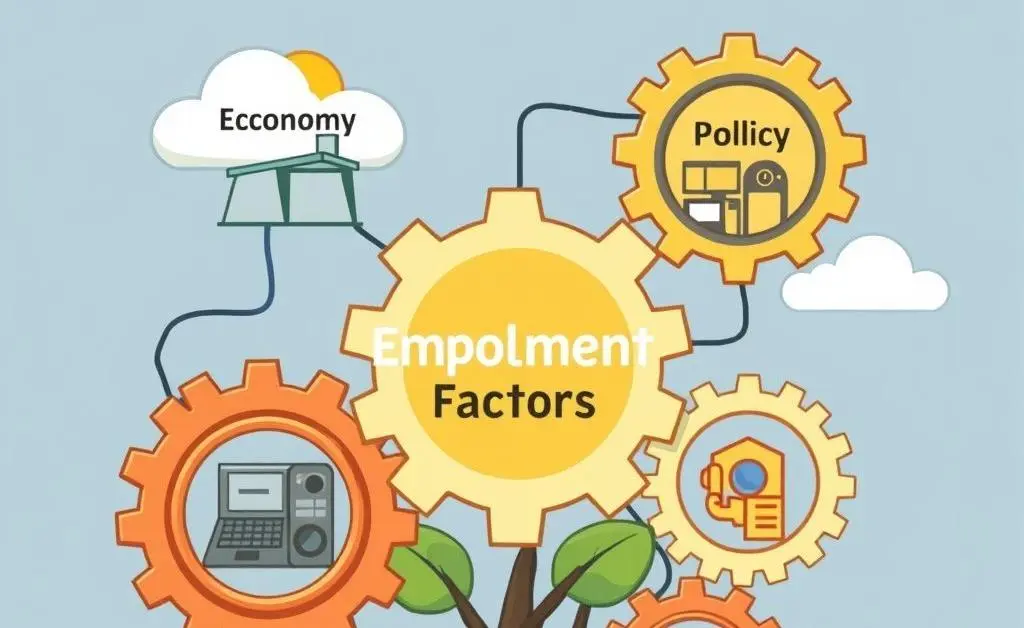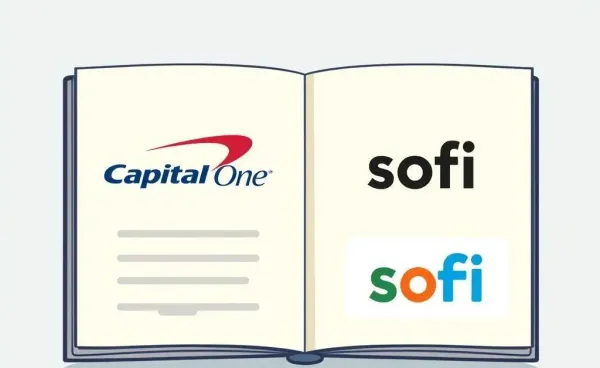Unpacking Job Market Myths: What Really Creates Sustainable Employment?
Discover the truth behind job market myths and how sustainable employment is created.

Hey there! You know, I’ve noticed that when it comes to job markets, many of us hold onto some pretty interesting—and sometimes misleading—myths. It’s no wonder: in an ever-evolving economy, it's tough to pin down exactly what’s fact or fiction. Today, let’s dive into some key questions around sustainable employment and debunk a few of those persistent myths.
What Actually Drives Job Growth?
There’s this idea floating around that certain types of industries or large corporations are the sole drivers of job creation. While it’s true that big businesses do create jobs, they aren’t the only powerhouses in the job market. Technology advancement, government policies, and small businesses all play crucial roles. In fact, small businesses are often hailed as the backbone of the economy, contributing to a significant portion of employment figures.

Myth: Automation is Destroying Jobs
Automation isn't exactly the job-killing monster it’s sometimes made out to be. While it does replace some roles, it also creates new ones, particularly in sectors like technology and data analysis. The trick is adapting through skills development and education to meet the new demands of this shifting landscape.
The Role of Economic Policy
Economic policies set by governments can have a direct impact on job markets. Tax incentives, training programs, and investment in infrastructure are just a few strategies that can stimulate job creation. These policies can steer growth in particular sectors, such as green energy, which has seen a surge due to sustainability initiatives.

Myth: More Jobs Always Mean Economic Prosperity
More isn’t always merrier if the jobs created are low-quality, with poor working conditions or insufficient wages. Sustainable job growth must include improving job quality across the board. That means advocating for fair wages, benefits, and career development opportunities for all employees.
Looking to the Future: Trends to Watch
If you’re curious about where to focus your career efforts, consider trends like the increasing demand for tech skills, the rise of remote work, and growth in the service industry. Eyeing these clues can provide a roadmap for future career planning.

As you reflect on these insights, remember that the job market is a dynamic entity influenced by many elements. Understanding these can not only help clear up myths but also guide your personal and professional decisions. What are your thoughts on how we can contribute to creating better jobs today? I'm curious to hear your take!




